In Lower Manhattan yesterday, one of the most reviled men in America, Harvey Weinstein, made his way into the State Supreme Court to face rape charges. There to meet him were eight of his more than 80 accusers, including actress Rosanna Arquette, bundled up in a red knit cap. She is part of a group called the The Silence Breakers, who issued this statement: “The world will be watching as Harvey Weinstein walks into court to stand trial for a fraction of the egregious crimes he has committed. This trial is critical to show that predators everywhere will be held accountable and that speaking up can bring about real change. We refuse to be silenced and will continue to speak out until this unrepentant abuser is brought to justice.”
Rosanna Arquette. You remember her coupled with then-breakout Madonna in the iconic ’80s movie Desperately Seeking Susan, from 1994’s Pulp Fiction and 1996’s Crash, and a string of other movies. But, given her piquant face, winning persona, and significant talent—she’s won a BAFTA for Desperately Seeking Susan—it’s surprising that she hasn’t done more work in U.S. movies in the past twenty years, though she has directed and produced documentaries and starred in European and Canadian films.
The reason she hasn’t worked that much in U.S. films was suggested when she became one of the first actresses to blow the whistle on Harvey Weinstein’s abusive, assaultive, and threatening behavior, which affected dozens of actresses, some of them survivors of alleged brutal rapes by him. “I wasn’t raped,” Rosanna makes a point of saying, respectfully insisting on keeping what happened to her in proper context, in contrast to her close friends—Asia Argento, Rose McGowan, Annabella Sciorra—who suffered more and who have convincingly and chillingly claimed that they were violently sexually assaulted by the once unbelievably powerful producer of popular and profitable movies. Asia, Rose, and Annabella “are rising like phoenixes from that fire” of their ordeals, Rosanna says, admiringly.
As for her own story, according to Ronan Farrow’s excellent reporting in The New Yorker, Arquette, following his staff’s orders, went to Weinstein’s Beverly Hills hotel room one day in the ‘90s to receive a script. She was shocked: He was wearing a bathrobe—and he asked for a neck massage. When she declined, he got aggressive. When she pulled away, Weinstein implied that giving in to him would advance her career and that not giving in would cost her. She refused to give in.
Rosanna Arquette on Harvey Weinstein: A Big, Overpowering Monster
Her acting career suffered for years. So did others’, especially her dear friend, actress Annabella Sciorra, who, out of terror, slept with a baseball bat next to her bed and virtually went into hiding after Weinstein barged into her room and violently raped her.
“Look what happened to us,” Rosanna told me in our conversation last week. “The years of work we could have done! Now we’re middle aged women.” She uses that term affectionately, then says it’s all the more reason for great roles for “older” women to be developed by the newly energized Hollywood women who are part of the #MeToo and #Time’sUp moment. “I think there have always been incredible stories about women,” she says. “Now that we’re all feeling more empowered, we’re getting more women empowered to make and tell those stories.”
But Arquette is much more than a film industry presence—she’s a social activist and has been all her life. When she was a girl, her parents—her mother an actress, poet, and therapist; her father, an actor, screenwriter, and producer—took her to love-ins against the Vietnam War, and she marched with Dr. Martin Luther King.
What She’s Fighting For Now
Protecting children and women from sexual exploitation has been her chief cause for years. Most recently, through The Alexis Project (named for her transgender sister, Alexis Arquette, who died a year and a half ago), she has avidly taken up the cause of healing, safety, and services for LGBT youth, and, in doing so, the Alexis Arquette Family Foundation has partnered with The Violence Intervention Program, which was created and is spear-headed by Dr. Astrid Heger, a professor of clinical pediatrics at USC Medical School and the founder of the Center for the Vulnerable Child. Rosanna considers her “a rock star—the root of the tree of violence intervention.” Dr. Heger evaluates 10,000 child abuse and assault victims a year and has worked over the decades, against much pushback, to get rape and assault victims believed, served, and healed.
In addition, Rosanna is—along with Gail Lyon, the producer of Erin Brockovich—developing a TV project on an extraordinary young Oregon-based woman, Rebecca Bender. As a teenage mother from a middle-class background, Bender was forced into prostitution, and after escaping that nightmare she has become an authority on teaching law enforcement officers how to hunt out pimps and to get young women out of trafficking. Via group lectures, Rebecca has trained an astounding 88,000 service professionals in the past four years, and she has helped hundreds of formerly trafficked women move from the poverty that triggered their plight and restart their lives. This is the work Rosanna Arquette is most committed to. And it fits like a glove with her activism against assault and harassment and intimidation in Hollywood.
“It’s our moment—let’s use it, let’s run with it, across the board, not just in Hollywood. Let’s clean house,” she says. Here she tells us how that moment arrived, sharing the conversation with Heger and Bender. She insisted I include them in this interview. After all, the new feminist push for outrage, solutions, and change is not just for or about celebrity women—it’s for all women and children. Rosanna’s convictions and years of work make this clear.
Q: I know that working against the sexual exploitation of children is a big cause of yours. How did you get into it?
ROSANNA: Yes, it’s a big part of my life. A number of years ago I got to know an incredible woman named Ruchira Gupta, an Indian sex trafficking abolitionist. She’s done amazing work, fighting against trafficking of children in India. The youngest girls were seven years old! And they were forced to have sex ten times a day with grown men, for a dollar or less. Her organization is Apne Aap Women Worldwide, and I urge you to support it.
But it’s not just in India that trafficking happens—it’s here in our own backyard, in America. A lot of women who are strippers are trafficked. Sex trafficking of women and of children of both sexes, is the dark secret of America: there’s a disgusting hunger for sex with children here, and we’re all complicit. I don’t believe in legalizing prostitution; it only protects the pimps. Women like Rebecca Bender and Dr. Heger have done incredible work to stop trafficking and heal its victims in this country—you’ll meet them in a moment.
Q: Given your activism, no wonder you blew the whistle on Harvey Weinstein—or tried to. Tell us your experience.
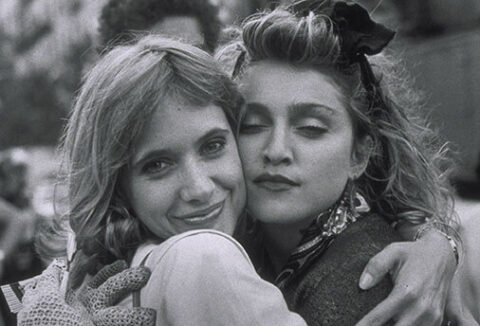
Before Harvey: Arquette with Madonna on the set of 1985’s Desperately Seeking Susan.
ROSANNA: I told people in the industry about my experience with Harvey in the hotel that day. I didn’t hide it. When I told them, I would hear, “I’d keep my mouth shut about that if I were you”—even from female agents. I heard that warning and thought, “Okay, no one is going to believe me. My words will get back to him. I’m fucked!” Maybe Harvey would be at a dinner party and say, “Rosanna’s not a good girl—don’t work with her. She’s a pain in the ass.” He had the power to do that, to be listened to—and obeyed. I went from being an A-list actress in America to down in the gutter. Thank God I have an international career to save me. [She will soon appear, with Jonathan Rhy-Meyers and James Caan in noted playwright Amanda Sthers’s film, Holy Lands, about a Jewish American cardiologist who left everything behind to become a pig farmer in Israel.]
I always felt it was him [who was blackballing her], but if you told that to people at the time, some might say, ‘No, you’re crazy.’ But now I know I wasn’t crazy. So many directors have recently said, “I really wanted you for that role.” So many of us were affected the same way. And so many people—agents and producers and managers—were complicit. That was the worst part.
But I am fortunate that he didn’t pull me any further into the hotel room, because he is a big overpowering monster. That’s what Rose [McGowan] called him—a monster. I have to be very clear: I was a survivor of serious sexual harassment, but I was not raped by Harvey Weinstein. But my friends were, and they’ve lived with trauma—including those who still won’t come forward and give their names because the experience has been so triggering. Some have been living with PTSD for many years. These survivors—Asia and Rose and Annabella: I’m here to support them in any way they can. We have bonded because of this. We have drawn closer together.
When a woman gets raped, it’s stealing a part of her soul forever. Annabella [who was so “petrified” by the rape, she initially denied the rape to Ronan Farrow when he was well underway with his reporting] and Asia [who initially fled to Italy out of fear when she first revealed Weinstein’s rape of her] and Rose [who had, as a young actress, been advised to sign a non-disclosure form and accept a payoff after the assault, but who defied her NDA and has been a major voice against Weinstein]: They are my heroes.
I am not dealing with the same kind of trauma they are. Annabella and I were friends but then we lost touch, and now I know why. She was a big actress in her day, and she’s starting to work again now, which is great. Asia Argento is one of my favorite people—I love her. So is Olivia Munn [who accused director Brett Ratner of sexual harassment]. And I love Rose. Rose [outspoken and combative on Twitter and elsewhere] has been her own movement, doing it in a way where she doesn’t care if you like her or not. Mira Sorvino [who also claimed to have been blacklisted by Weinstein] expressed what I feel: Look what happened to us, twenty years of work we could have done. But we’ll make up for it now.
And Daryl Hannah, who has always been my friend, is very important because she had a witness when Weinstein let himself into her room at the Hotel du Cap during the Cannes Festival. [After previously threatening Hannah, Weinstein pounded on her hotel room door, and she and the makeup artist put a dresser in front of the door to block his entrance].
Q: This is very dramatic. But so is the other work you’ve supported that I know you want to talk about—about sexual assault to women and children outside of the celebrity realm. Let’s pull Dr. Astrid Heger into the conversation.
ASTRID HEGER: When I started my career, in the late ‘80s and ‘90s, I became very interested in why we did not investigate and prosecute cases of sexual assault against women and children—if you didn’t have DNA, there was no belief in sexual assault. The victims were kicked to the curb.
So I diligently researched and created a system of medical assessments that established sexual assault, and the case law changed. We now know how to believe and support the victims and handle the cases: that’s good news. We began a system of support for individuals who were abused at all ages: children and elderly people.
Then I became very interested in children and adolescents who were unable to ever find safety because they belonged to the LGBT community—the incredible danger of being transgender floated to the top of my mind. That’s how Rosanna and I became close friends. She had been a member of my support group for years, but we really became joined at the hip about eighteen months ago.
Rosanna and her brother David came and talked about their sister Alexis at a public lecture—they wanted to sponsor a room in this New Hope Center I was building, and we created the Alexis Project to help build a normal setting for these kids, and it’s just taken off. Instead of saying “Just get over it”—the pain and vulnerability of being a transgender youth—we’re saying, “Come here and we’ll help you become successful and happy.” Rosanna and her family are amazing; she’s committed to making a center for healing, and we are going to make a difference.
Q: And what about you, Rebecca Bender? I know your organization, the Rebecca Bender Initiative, has helped identify the secret world of trafficked women. And that you lived it before you escaped it.
REBECCA BENDER: I was a normal all-American kid from a town in Oregon: a latch-key kid of a divorced mom, but very normal. My high school was like Friday Night Lights. I graduated early and got pregnant and started trying to put myself through college when a guy on campus pretending to be a student dated me for six months. He lured me to Las Vegas and slapped me across the face when I didn’t know where my baby daughter was—we had left her with his brother. He forced me to sign up with an escort agency—I felt I had no other choice. That’s how easy it is to become trafficked.
I made four escape attempts, and I was sold between traffickers. A researcher named Megan Lundstrom found that pimp-controlled American trafficking fits all eighteen indices of cult-like behavior. You’re brainwashed to stay.
When I finally got out I thought: What do I do with my life? I’ve been arrested seven times. But I wanted vice professionals to see the other side of the story—they didn’t see the beatings and the threats against my child. So after I remarried (I have three more children) I started creating law enforcement training—and it just took off. I put out a lingo sheet for detectives and showed them the human side of being trafficked. I was invited to speak at a large conference, and I guess I was good at it because I spoke again and again to the FBI and to Homeland Security officers—it just snowballed.
My nonprofit, the Rebecca Bender Initiative, has really spread the word, and I created a curriculum for survivors. We take women who have escaped trafficking and partner them with life coaches and career coaches—and we help them find their voice and their place and to get out of the poverty that often got them into trafficking in the first place.
People kept saying, “You’ve gotta meet Rosanna!” We had lunch a few years ago and we definitely clicked, and now we’re working together.
ROSANNA: Getting women out of trafficking is my passion. I want to get rid of all the scumbags, from the Weinsteins to the pimps. And, especially now, we can do it.
***
Sheila Weller is the author of seven books (three of them New York Times Bestsellers), the best of which is Girls Like Us: Carole King, Joni Mitchell, Carly Simon—and the Journey of a Generation, which Billboard magazine recently named #19 of the best music books of all time. She has been writer of major features for Vanity Fair, a recent longtime senior contributing editor at Glamour, a has written for the New York Times Opinion, Styles and Book Review and for just about every women’s magazine in existence. She has won 10 major magazine awards.
A version of this article was originally published in January 2018.


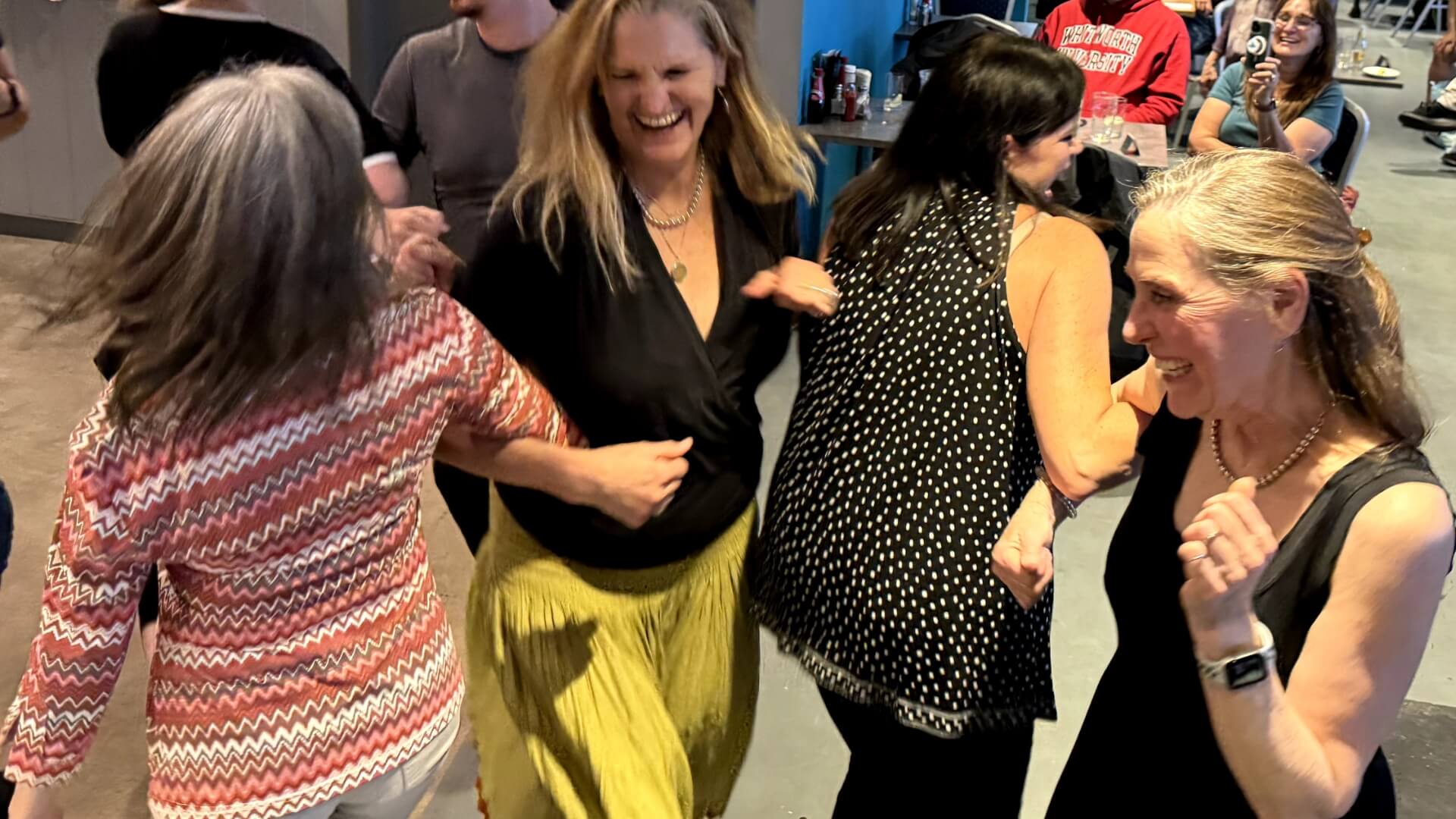
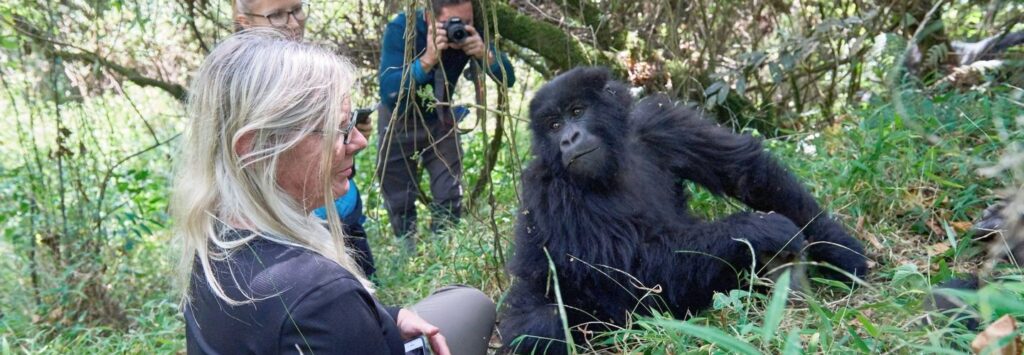
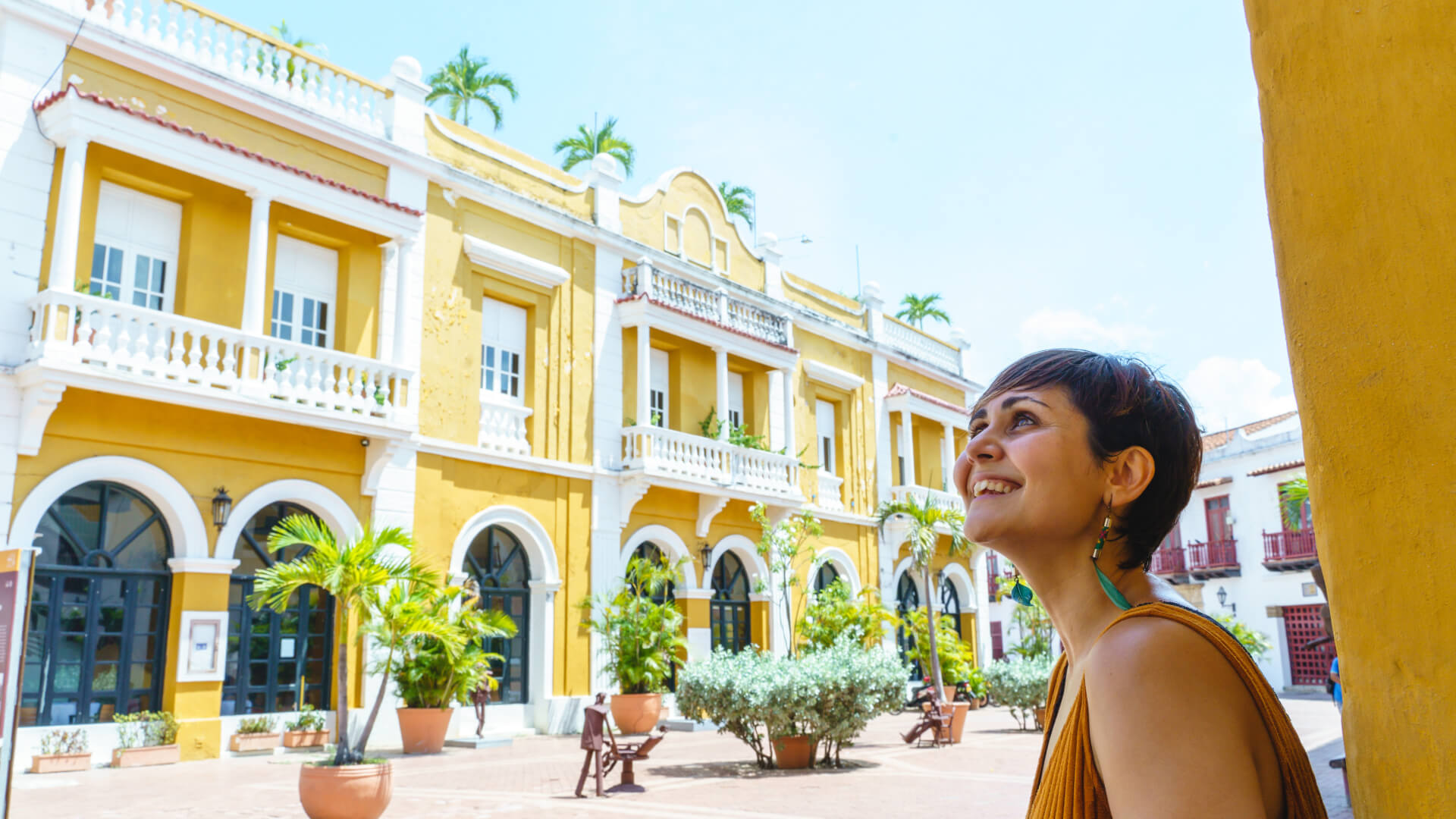


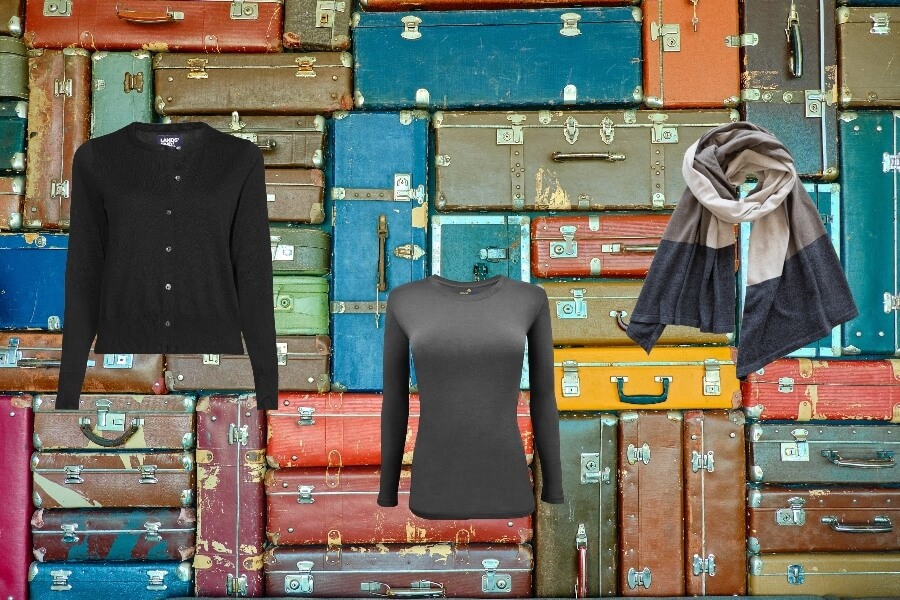

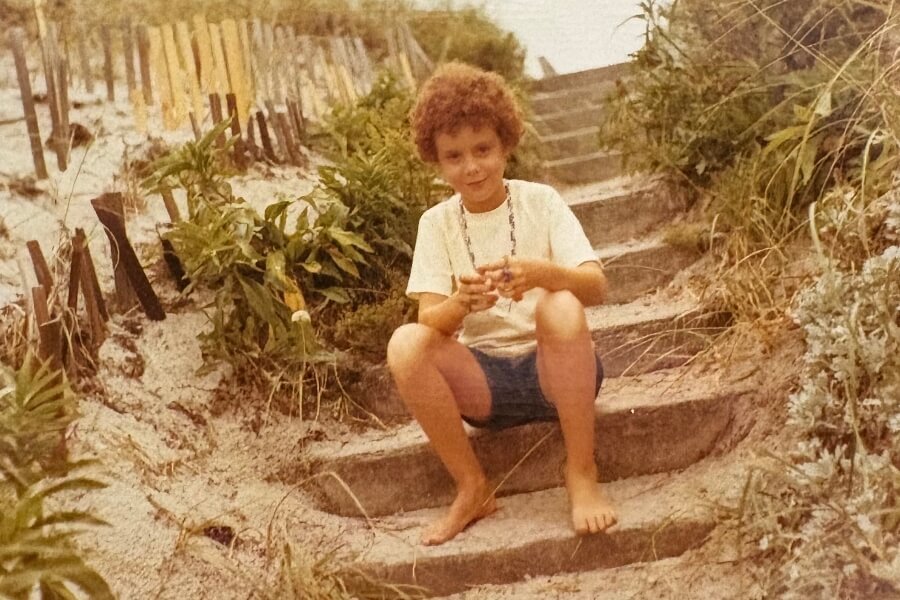
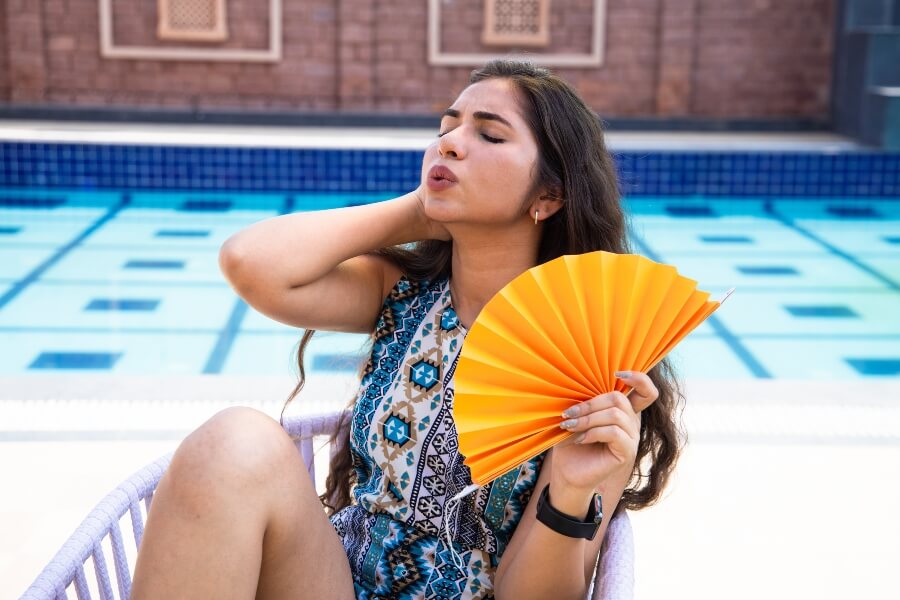
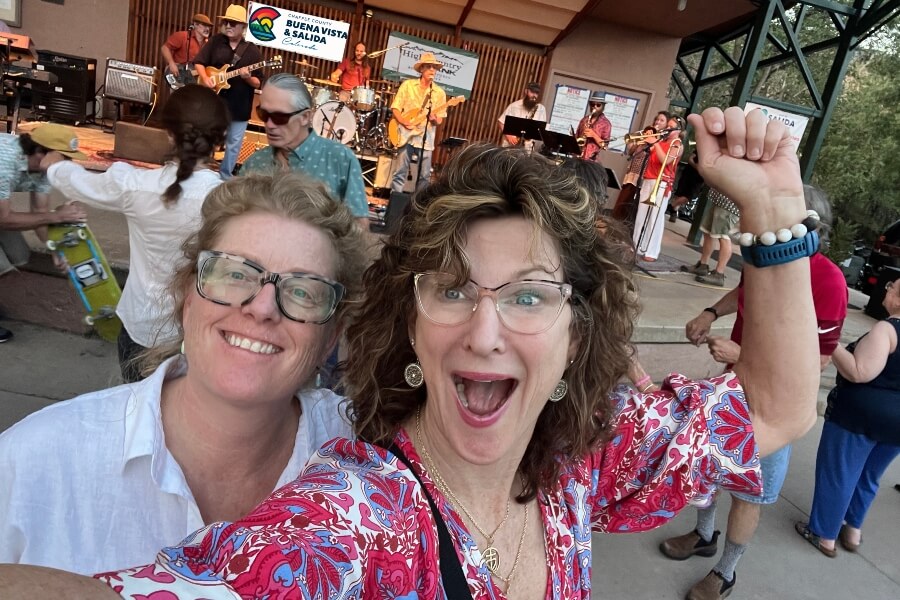


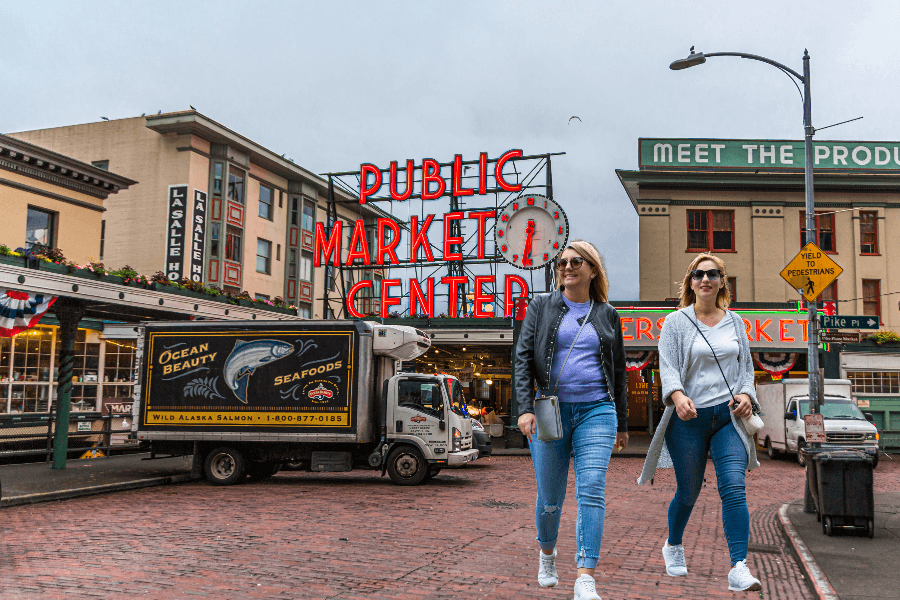




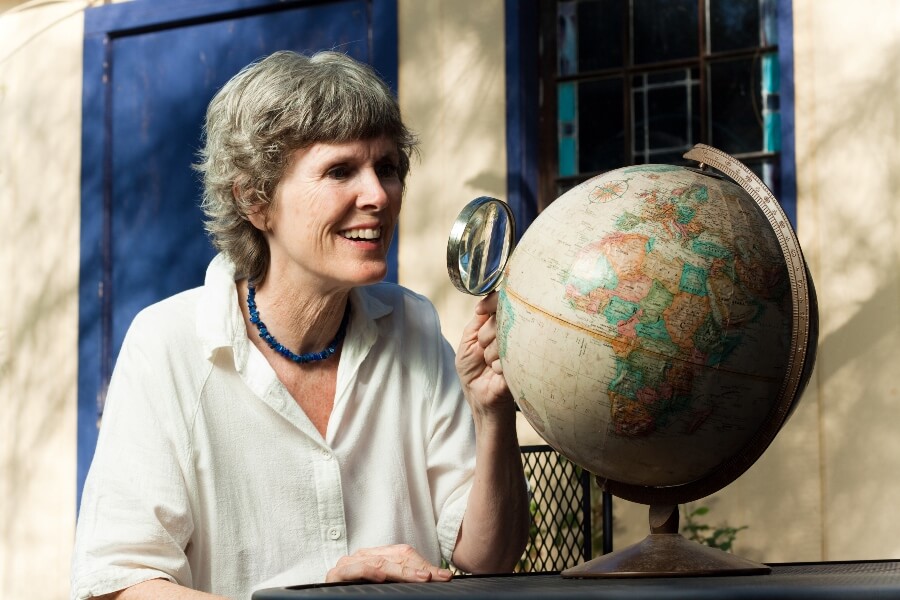
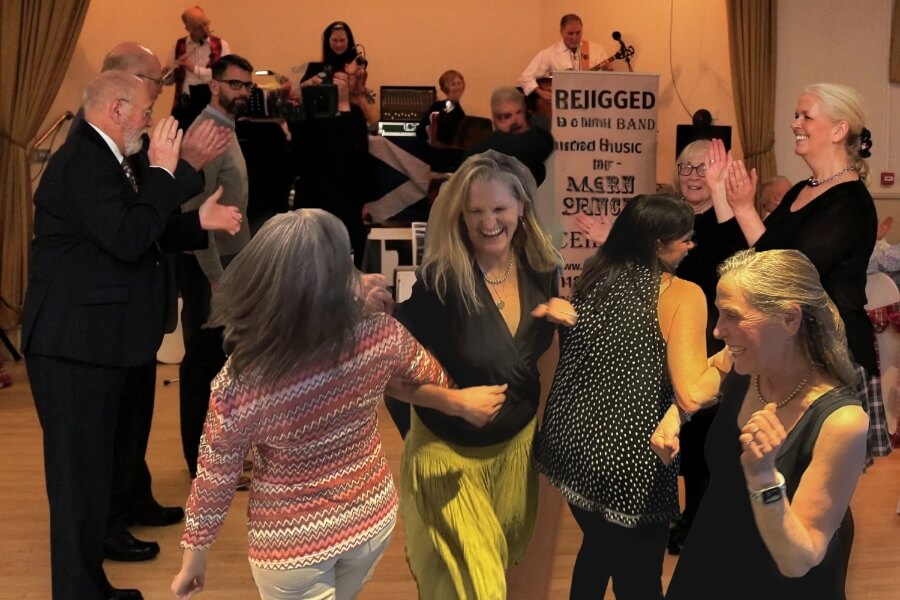


0 Comments